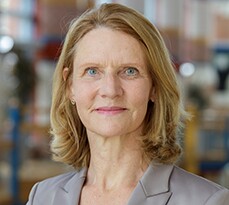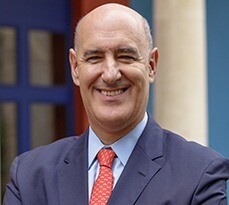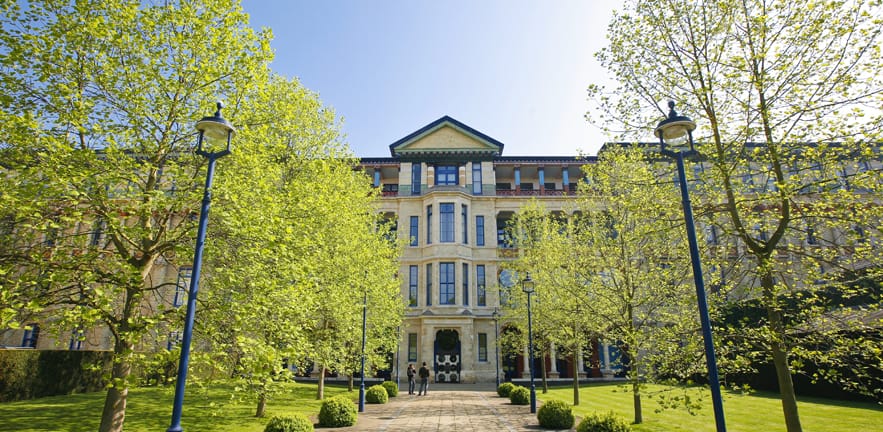
Professor Sunstein, who spoke on ‘Welfare Now’, encompassing such policy issues as taxes and subsidies, was introduced by Lucia Reisch, El-Erian Professor of Behavioural Economics & Policy and Director of the El-Erian Institute of Behavioural Economics & Policy at Cambridge Judge, with a welcome address by Dr Mohamed El-Erian, President of Queens’ College.
The event at Queens’ College was preceded a day earlier by Professor Sunstein’s appearance at Cambridge Judge in which he discussed the themes of his new book entitled Sludge at an event opened by Professor Mauro Guillén, Dean of the Business School. The event was organised by the El-Erian Institute and the Government and Policy Student Interest Group (SIG) at Cambridge Judge.
Professor Reisch and Professor Sunstein have collaborated on several studies over the past decade, including research on whether people in five countries – Belgium, Denmark, Germany, South Korea and the US – approve of 15 government nudges on health, environment and safety issues.
‘Sludge’ as described by Professor Sunstein refers to bureaucratic obstacles that cause excessive effort that amounts to time taxes that often lead to less desirable outcomes – often impacting poorer people and women harder. In the US, he said, there is a paperwork burden on individuals and organisations that amounts to 11 billion hours a year – with the Internal Revenue Service the chief culprit.
Bandwidth challenges caused by such sludge results in turn in a ‘present bias’ that creates planning problems – once again with a disproportionate impact on some groups including the less well-off.

Sometimes, he said, simple solutions can cut through sludge very well, as shown in a study based at the University of Michigan: informing people of free tuition already available to qualified students resulted in twice as many poorer students applying and enrolling. “The information was available, but the intervention was to let people know – get rid of the sludge.”
The El-Erian Institute, which focuses on human behaviour, decision-making, and sustainable development, was created as part of a generous benefaction from Dr El-Erian, a University of Cambridge alumnus.
Dr El-Erian, who is also Chief Economic Advisor at Allianz and a Professor of Practice at The Wharton School of the University of Pennsylvania, spoke at Cambridge Judge on 23 May to an audience that included many of our MBA and Master of Finance alumni, as well as faculty and staff, on the subject ‘Through the Eyes of Inflation: What’s Ahead for the Global Economy’.
He said that failure to recognise changed macroeconomic paradigms (including a shift from cyclical to structural thinking) after the global financial crisis of 2008 meant that “we won the war against a devastating global depression but failed to establish the peace of high, inclusive and sustainable growth” – and that we risk a repeat of this mistake through too slow an understanding by central banks of today’s inflationary dynamics.


